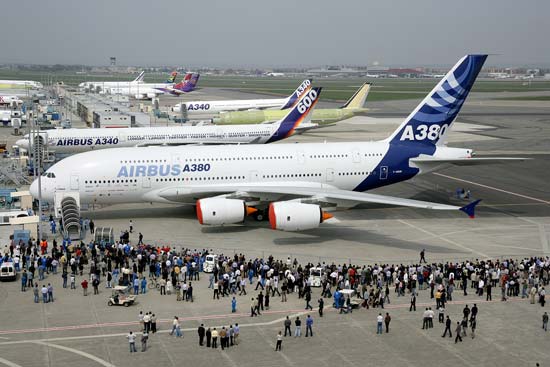Well, nearby Colleyville, Texas has made the news. . . or at least the blogs. Today Jonah Goldberg at NRO Online continued a running debate he’s been having about which pet has been a more useful friend of mankind—dogs or cats—by offering this post about the growing popularity of chickens as pets.Â
He quotes from this article in the Philadelphia Daily News:
Can we at least agree that chickens are worse pets than both cats and dogs — though arguably more “useful”?
More People Turn to
 Chickens as Pets
COLLEYVILLE, Texas – The leaves shiver, the branches quake and 9-year-old Sophia Genco bounds out of the bushes, clucking at the top of her lungs while sprinting after a flock of scurrying chickens. She isn’t chasing down dinner. She’s just playing with one of the family pets.
The Gencos are among a growing number of urban and suburban families keeping chickens in their backyards. While the birds don’t cuddle like kittens or play like puppies, owners say they offer a soothing presence in the yard and an endless supply of organic eggs.
 I would guess that the casual reader in Philadelphia would see the dateline “Colleyville, Texas” combined with a headline about chickens as pets and visualize a hickville little town strewn with trailer homes and halter tops. Of course those of us who live around here know that Colleyville has one of the highest median home values in Texas.
The fact is, as you drive around Colleyville and neighboring Southlake, you’ll see enormous mansions on huge, estate lots with a few horses, cattle, chickens , guinea fowl, etc., grazing in the yard. (Do chickens “graze”?) A guy up the road from me has a zebra, two llamas and a donkey in his back yard.
Why? Because owning livestock in Texas earns you a sizable break on your property taxes, which tend to be high in Texas because the state doesn’t have an income tax.
So you’re wondering. . . Are we planning on getting some chickens anytime soon? Hmmm.. How big are those tax breaks? There is a greenhouse out back that could make a fine coop. . .





